Working 101
Last Reviewed:
Reviewed By:
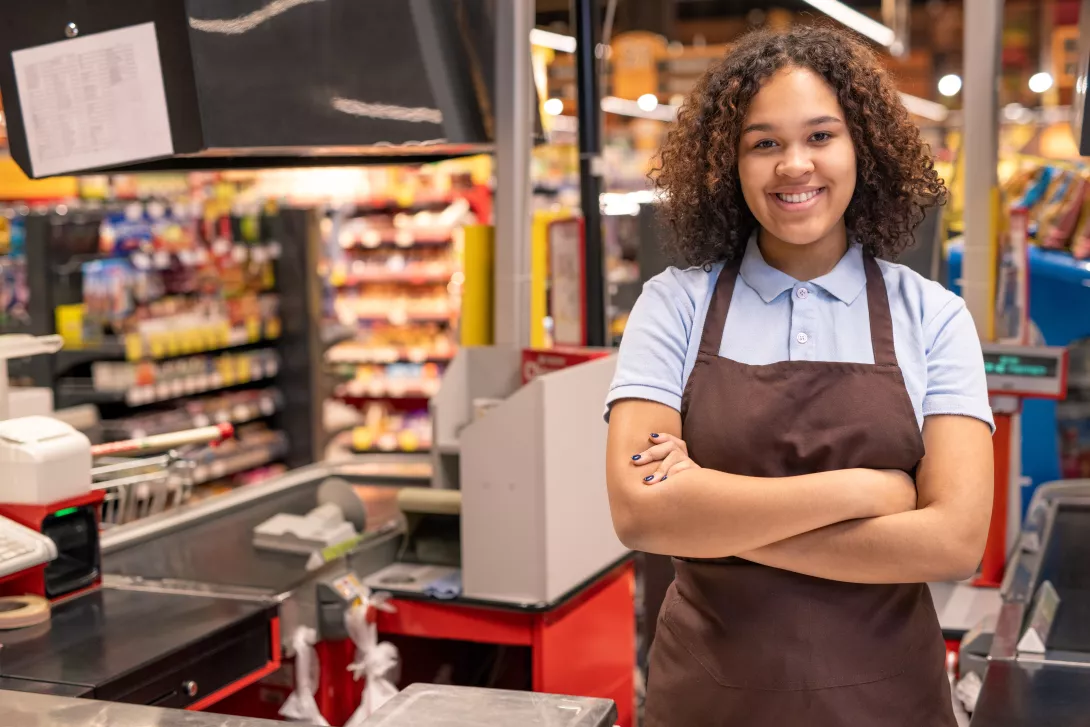
You have the rights as an employee. There are extra protections for young and new workers.
What you need to know
Know Your Rights
Make sure you know your basic rights like current minimum wage, maximum hours you can work and your right to work in a safe and discrimination free environment.
Stay Safe
Be sure you know and follow safety procedures at work. If something feels unsafe, speak up. This includes if you are being bullied or harassed. Your safety is the most important thing.

Age Matters
If you’re under 18, you can’t be employed for hazardous work. This includes jobs that could harm your health or safety, like logging, working in paper/pulp mills, power line construction, and more. If you’re handed a chainsaw at work, something’s definitely wrong!
If you’re under 16 you’ll need written permission from your parent or guardian to work and your boss may be required to get a permit depending on the type of work you are doing.
Bosses need to take extra steps to make sure workers under 25 have effective training and orientation. This is so that you are prepared for the job and any potential hazards before you start working. If you feel like you haven’t received enough training to do a task safely, let your supervisor know!

Employment Contract
Read and understand your employment contract. It should outline your job duties, pay, hours, and other important details. Employers are not allowed to make big changes to your contract (like significantly cutting your hours or changing your role) without you agreeing to it.

Ask Questions
Don’t be afraid to ask your employer questions about your tasks, hours, and safety procedures.
Balance Work and School
Make sure your job doesn’t interfere with your schoolwork or personal life.


Dig Deeper
Rules like minimum wage and other protections do not apply to people who are self-employed or an independent contractor. But, just because your company calls you an independent contractor or even if you sign something saying you’re an independent contractor doesn’t mean that’s the case. Who is an who isn’t is defined by the law. See Are you an independent contractor? From People’s Law School.


Hot Tip
App-based gig-workers like ride hailing and delivery workers are entitled to some of the basic employment standard protections as other workers in BC.
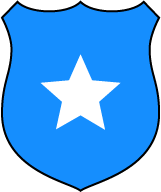 Crime & Police
Crime & Police Money Stuff
Money Stuff Health & Sexuality
Health & Sexuality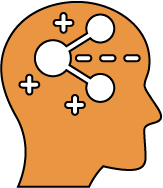 Legal Life Skills
Legal Life Skills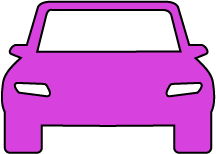 Driving
Driving Family
Family Work & School
Work & School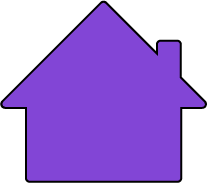 Housing
Housing Basic Rights
Basic Rights